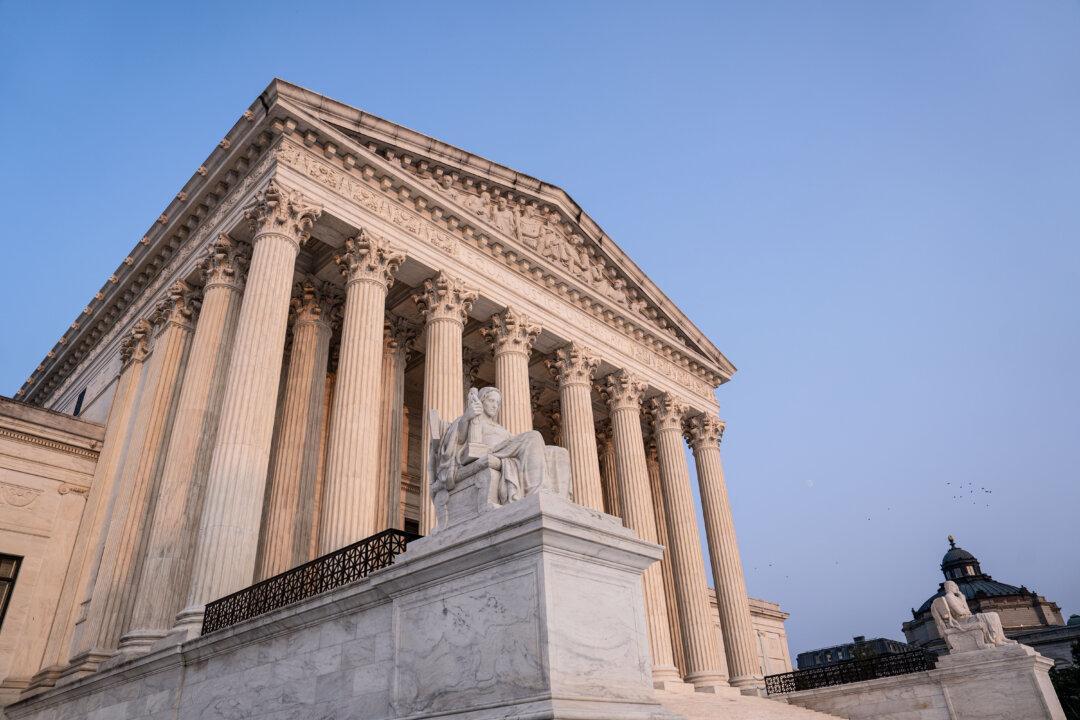Commentary
Our children are our future, and—to state matters bluntly—our future is in danger. Mental illness is on the rise among children, with suicidal ideations increasing by 40 percent in the past 15 years. While divorce rates are decreasing slightly, so are actual marriage rates, leading to broken and undefined families in which children lack the structure and role models they need to thrive.

